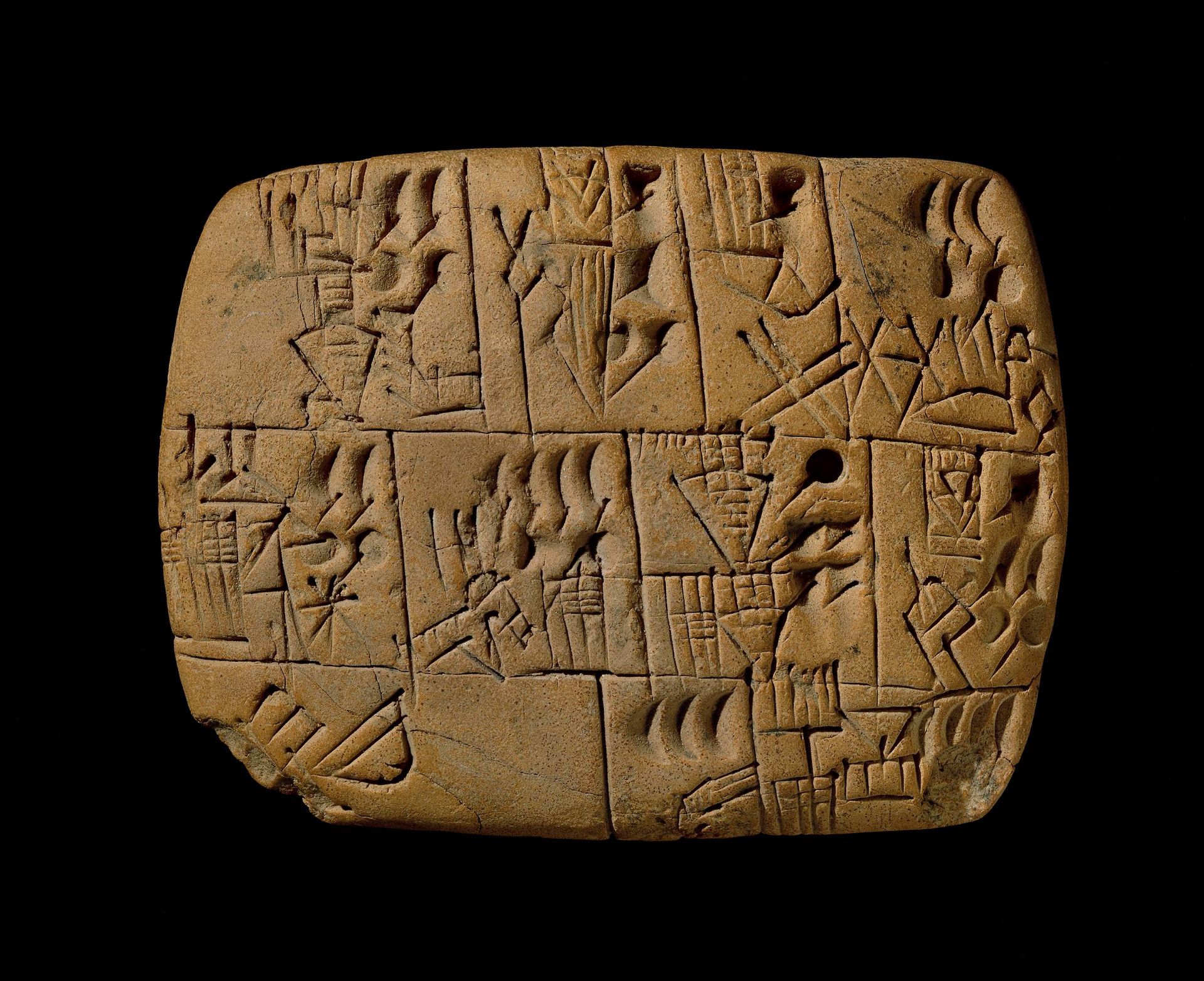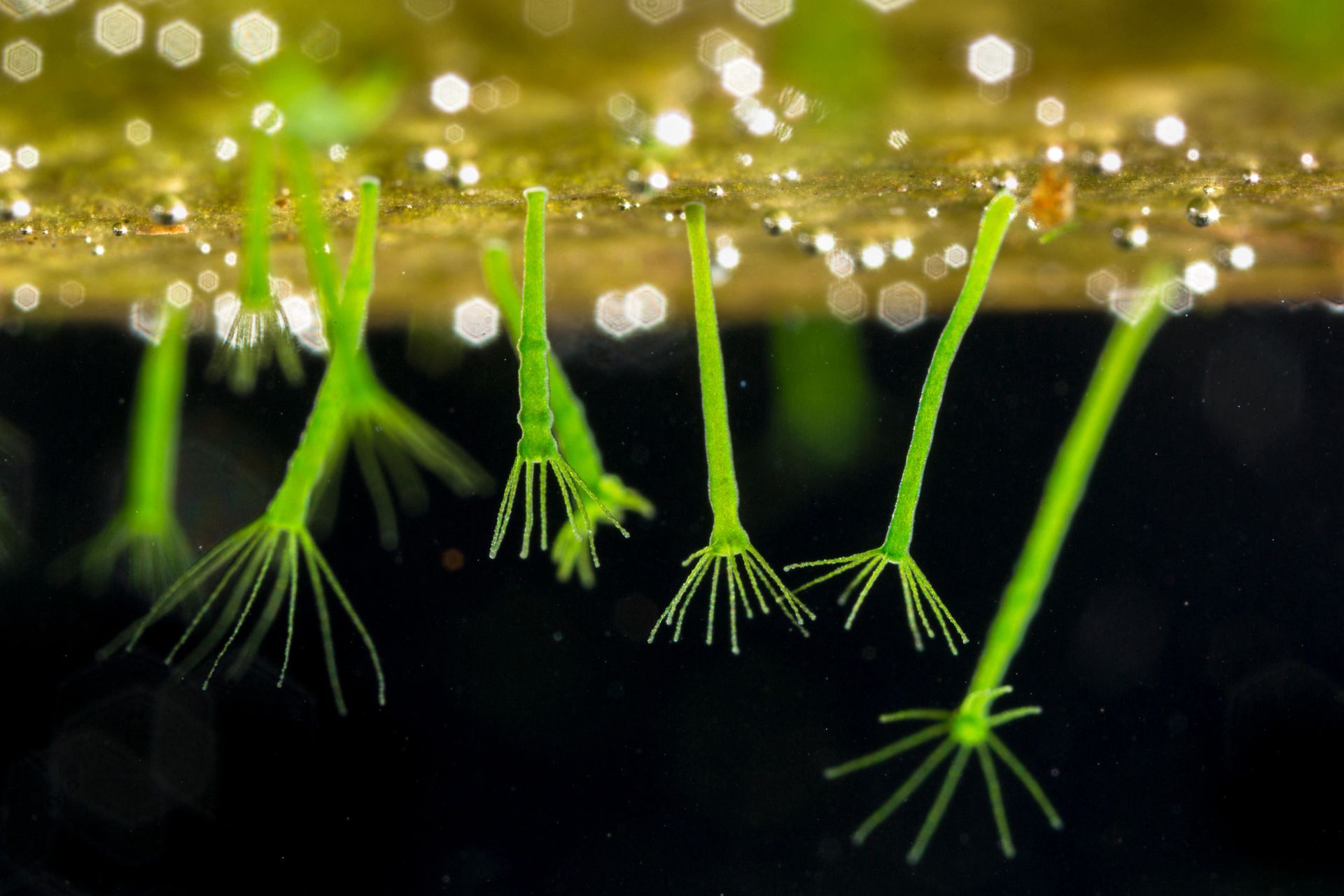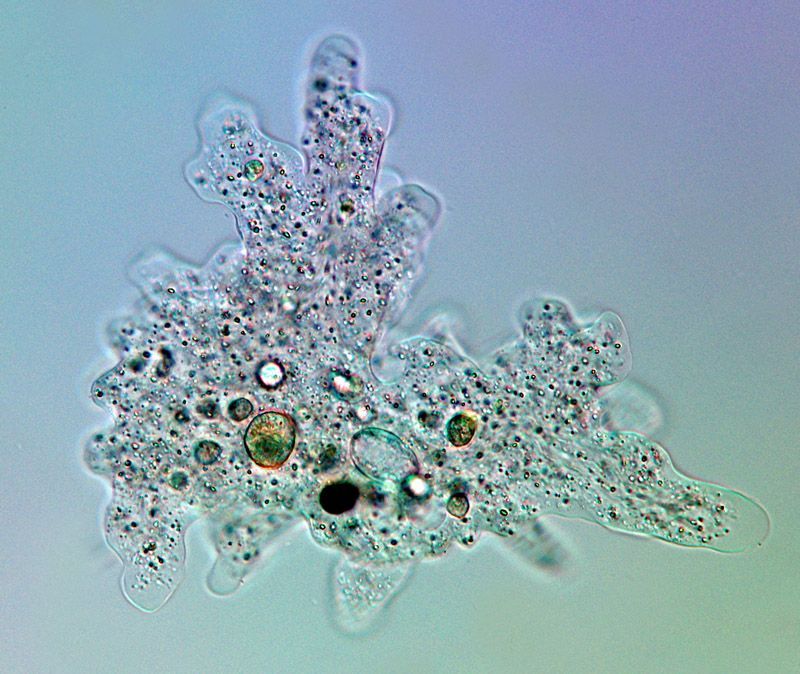
The four horsemen
The path to extinction is difficult to avoid. I imagine that alien schoolchildren learn about the fate of civilizations once they begin burning their fossil fuels, or whatever similarly damaging inventions apply to other Goldilocks planets. There are steps in this process, comparable to the stages of cancer, from Stage One, when suspicious cells are confined, to Stage Four, where the illness has spread to other organs. As the late Christopher Hitchens wrote during his malady, “the thing about Stage Four is that there is no such thing as Stage Five.” As a species, we have been hovering around Stage Four for decades. “How long do the humans have left on Earth?” asks the schoolteacher on Planet Zeta, and noodly appendages are raised with enthusiasm across the classroom.
The end times will be horrific, but there is no sense denying their proximity. As paragons of consumption in the United States, our behavior gifts us with a great deal of material comfort. An objective look at the ecological cost-benefit of electric cars and solar panels shows that these are nothing more than funeral decorations for a dying planet. Nobody talks about population, but it is too late to thwart the apocalypse by contraception anyway. Few of us have any immediate plans to change our lifestyles.
Sooner or later we will have to confront the end times. There is no technological fix. Today’s opportunities for progress lie in psychiatry and philosophy. What sense do we make of our lives without a future for mankind? What sense can we make of a universe in which human consciousness will be extinct? Expressions of grace have always served us well in confronting our personal demise and their value may rise when we accept that civilization is approaching its expiration date. The focus on the grand carnival of nature is what’s different now. We may gain some personal sense of deliverance by looking squarely at the thing we have spoiled and admitting our fault. But the best that any of us can do until the sky falls is to be kinder to each other and humane towards the rest of life as it suffers with us on this watery globe. And who knows, if we are nicer, maybe things will keep running for longer than we expect.





